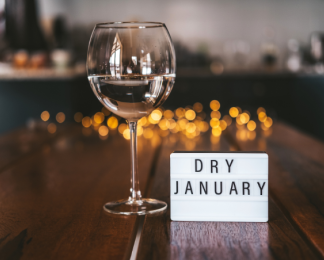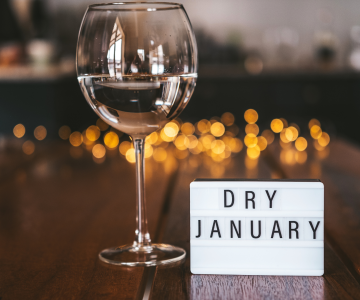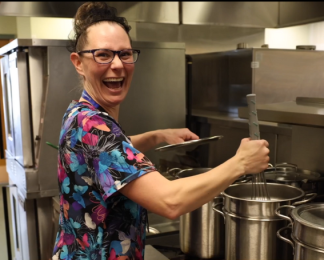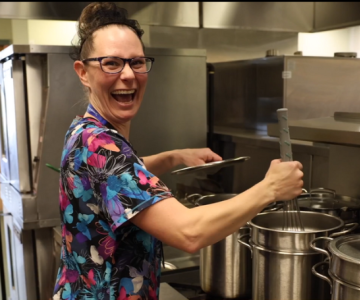The language we use to talk about people with substance use disorders can bring out many negative stereotypes.
Substance use disorders are more highly stigmatized than any other health condition. This is largely due to the misinformed idea that addiction is a moral failing. Research shows that many people with substance use challenges have also experienced trauma, making them vulnerable and putting them at further risk of self-stigma by internalizing the negative messages they hear.
Stigma is a major barrier that prevents people from getting well. When we use stigmatizing language, we inadvertently block people from reaching out for help. This applies to the person with a substance use disorder, but also to their loved ones - stigmatizing language can have serious negative impacts on the family and friends of those with a substance use disorder, or those lost to overdose.
The shame caused by stigma also drives people to use alone, putting them at increased risk of harm.
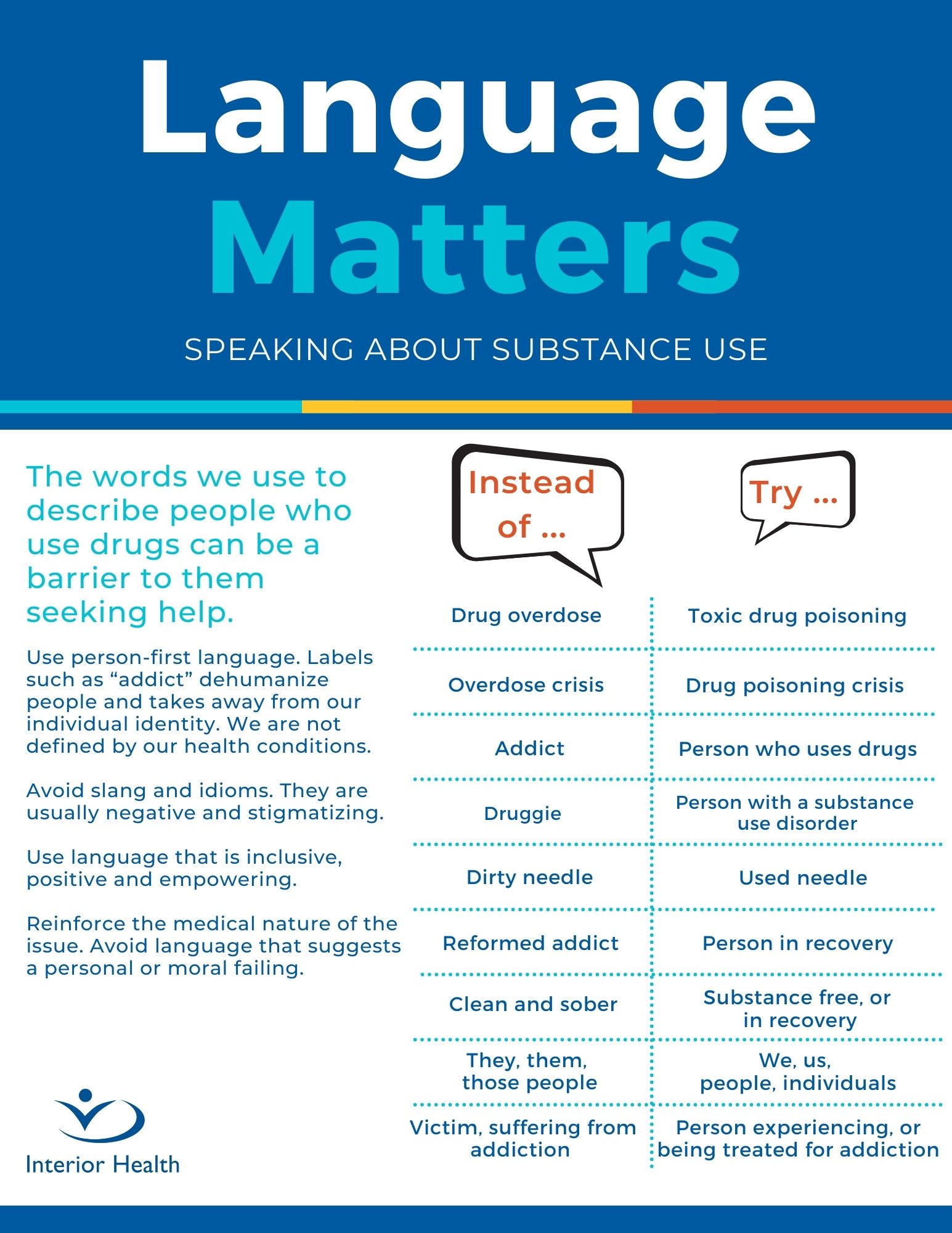 Research about the impact of stigma shows that although people who use drugs alone understand the risks of a fatal overdose, the shame of coming forward and asking for help is
Research about the impact of stigma shows that although people who use drugs alone understand the risks of a fatal overdose, the shame of coming forward and asking for help is
felt so strongly that they choose to hide their drug use.
Some people also feel stigma about carrying a naloxone kit. The stigma continues if a person is receiving methadone or Suboxone because their friends and loved ones may feel you are treating a drug with a drug.
Let's think about how the language we use might feel to someone living with a substance use disorder. Think about how your words would sound to a mother who just lost a child, or to someone grieving the loss of their best friend.
The toxic drug crisis continues.
In B.C. the 1,782 suspected illicit drug toxicity deaths between January and October 2021 are the highest ever recorded in a calendar year.
It's important that we reduce stigma around people who use drugs and ensure that everyone has access to the health-care services they need, where and when they need them.
You can make a difference!
Take the pledge online with Addiction Matters Kamloops to:
- NOT use words or labels that are stigmatizing like addict, abuser, junkie or crack head.
- Encourage others to use non-stigmatizing language and to understand the impacts of stigma on individuals and families impacted by substance use.
- Use language that is compassionate and respectful when discussing addiction or someone who uses substances.
- Think of the individual as a person, and not define them by their illness.






